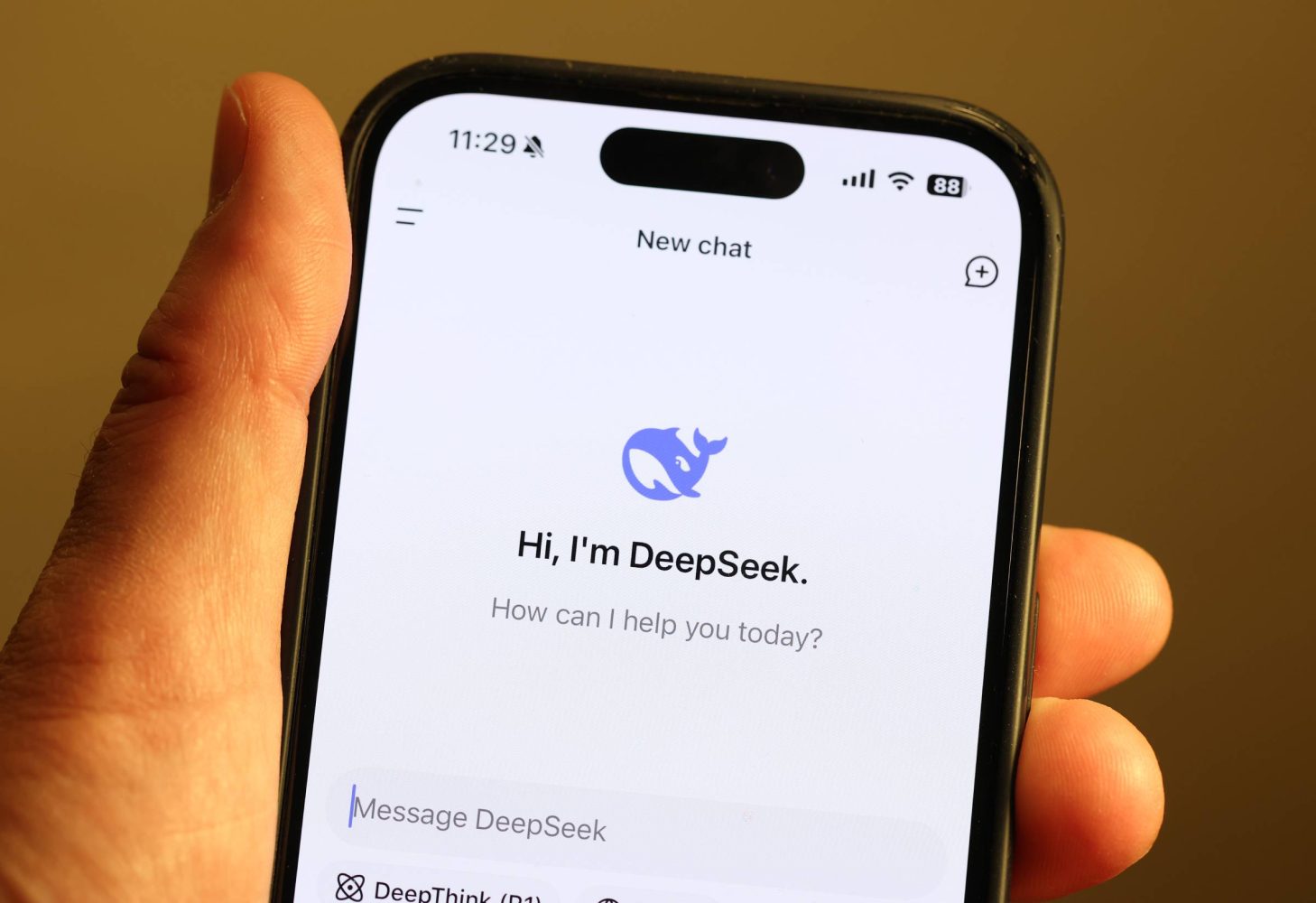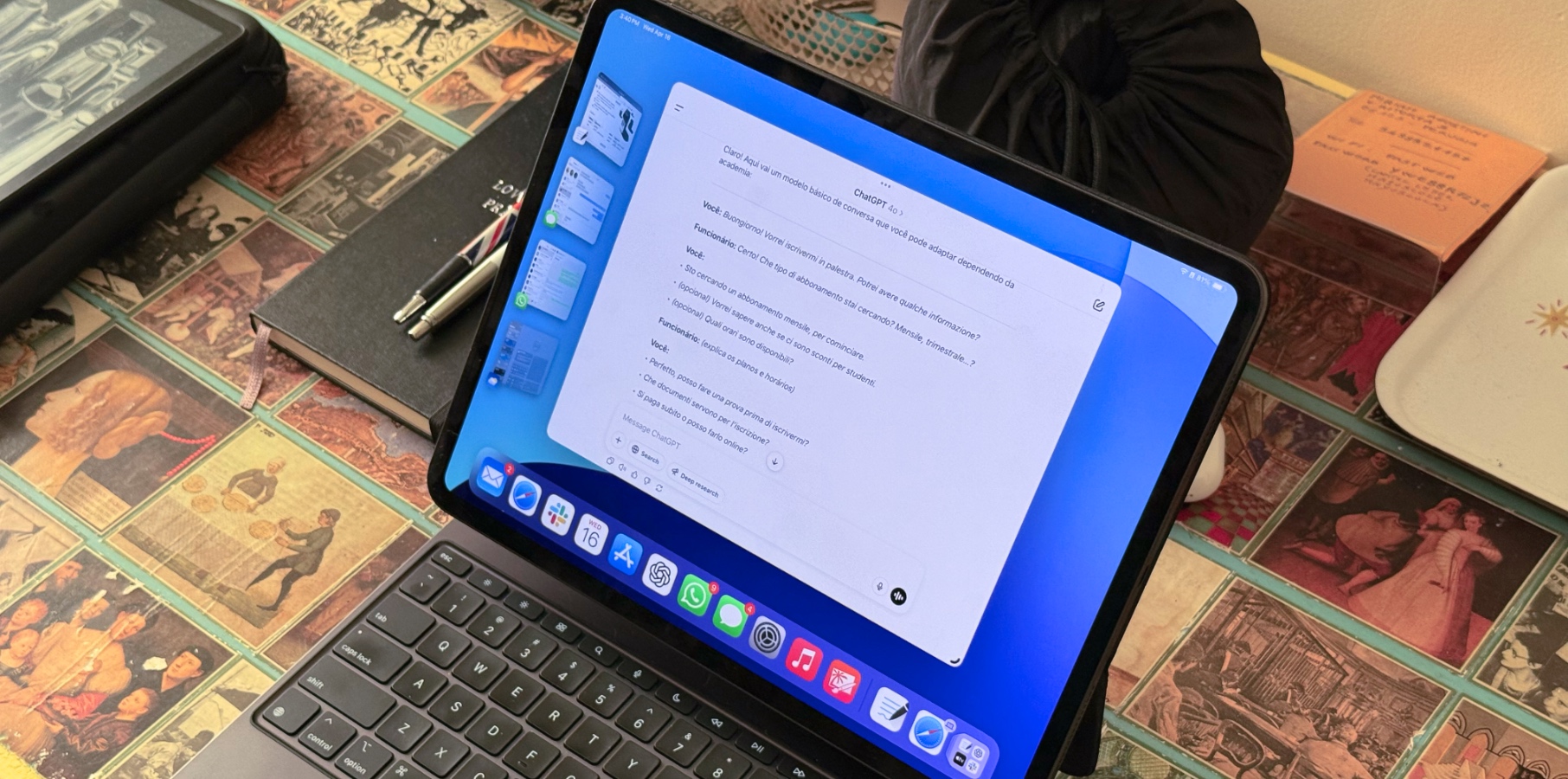Now Reading: Trump Weighs Expanding DeepSeek Ban Policy
-
01
Trump Weighs Expanding DeepSeek Ban Policy
Trump Weighs Expanding DeepSeek Ban Policy

Fast Summary
- deepseek, the Chinese AI chatbot that gained attention earlier this year due to its ability to train advanced models without high-end infrastructure, has seen its popularity diminish amidst advancements from OpenAI’s ChatGPT and Google’s Gemini updates.
- The platform is open-source, available on web and mobile platforms, and can be installed on any computer.
- DeepSeek faces bans in multiple countries, including South Korea and branches of the US government, amid concerns over national security risks linked to Chinese AI advancement.
- the Trump administration is reportedly considering expanding restrictions on deepseek usage in the US as part of broader efforts to counter China’s AI advancement.
- Measures have been taken by US officials against Nvidia’s ability to sell AI chips to China over fears they might potentially be smuggled for unauthorized use. Speculations suggest that DeepSeek could possess more Nvidia chips than permissible.
Indian Opinion Analysis
India’s burgeoning focus on artificial intelligence could make developments around tools like DeepSeek particularly notable. As countries like the US tighten restrictions on Chinese-origin AI systems amidst concerns about national security risks or unfair competitive advantages obtained through questionable supply chains (like potential smuggling of Nvidia chips), India must carefully evaluate its own regulatory frameworks.
Balancing innovation with protection against external vulnerabilities will likely remain central as nations vie for dominance in this critical field. While India’s relationships with both China and major Western powers urge neutrality, systemic safeguards-closer scrutiny of emerging technologies alongside domestic investment-could bolster self-reliance without isolation.























